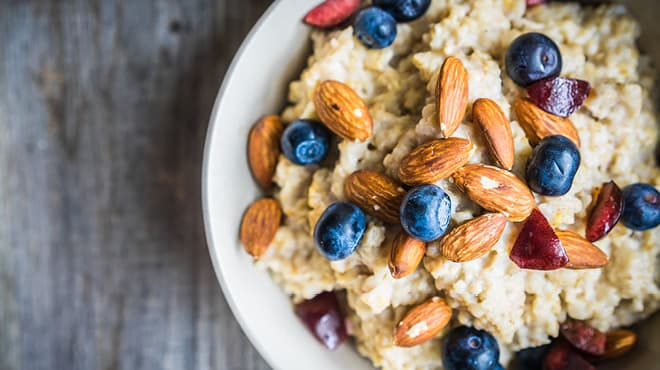Recent Posts
Managing your health during Ramadan fasting

Fasting during Ramadan involves abstaining from food and drink from dawn to sunset. Depending on geography and the time of year when Ramadan occurs, daily fasting can range from as little as 10 hours in the winter months to more than 17 hours during the summer.
This daily fast shouldn't have a negative effect on health for most people. However, even if you have a chronic condition, including coronary artery disease, kidney disease, high blood pressure or diabetes, you can fast safely if your condition is well managed and uncomplicated.
Anyone with a chronic health condition who chooses to fast should take time to plan and prepare in order to avoid experiencing problems or worsening your condition. This is essential for people who take medications to manage the condition or have had complications previously.
Fasting isn't intended to cause harm, yet it's important to consider consulting your primary care clinician before Ramadan — or anytime you fast — to plan how best to maintain good health or determine whether fasting is safe for you.
Some questions to ask include:
- Is fasting safe based on my health conditions?
- How is it best to take my medications?
- Can medications that are taken multiple times a day be changed to once-a-day dosing?
- Should I check blood glucose (sugar) levels more frequently, or change my insulin or other medication dosing?
Taking medications
Medications taken by mouth or intravenous feeding are considered breaking your fast. If you choose to fast, these types of medications should be given or administered before dawn or after sunset. Consult with your primary care clinician to ensure this approach is safe for you.
However, Islamic scholars generally recognize that other types of medications don't break the fast and may be taken during hours of fasting. These include medicated skin patches or creams, eye and ear drops, injections given in the skin or muscle (including insulin), supplemental oxygen, mouthwash or gargles that aren't swallowed. In addition, many scholars also hold that nasal sprays and inhalers don't break your fast.
For those planning to fast, it's recommended you drink plenty of liquids before and after fasting, and limit caffeinated or highly sugared beverages. It's also recommended that you avoid or limit highly processed foods or foods high in fat, and eat healthy, balanced meals with moderate portion sizes.
Vaccinations
The consensus among Islamic scholars is that getting a vaccine doesn't break a fast. So it's completely acceptable to receive any recommended vaccination while fasting, even during the day.
Helpful resources
If you have a health condition or a concern, consult with your health care team to ensure you remain in the best possible health during Ramadan.
Muhamad Elrashidi, M.D., is an internal medicine physician at Mayo Clinic Primary Care in Rochester and Kasson, Minnesota.






